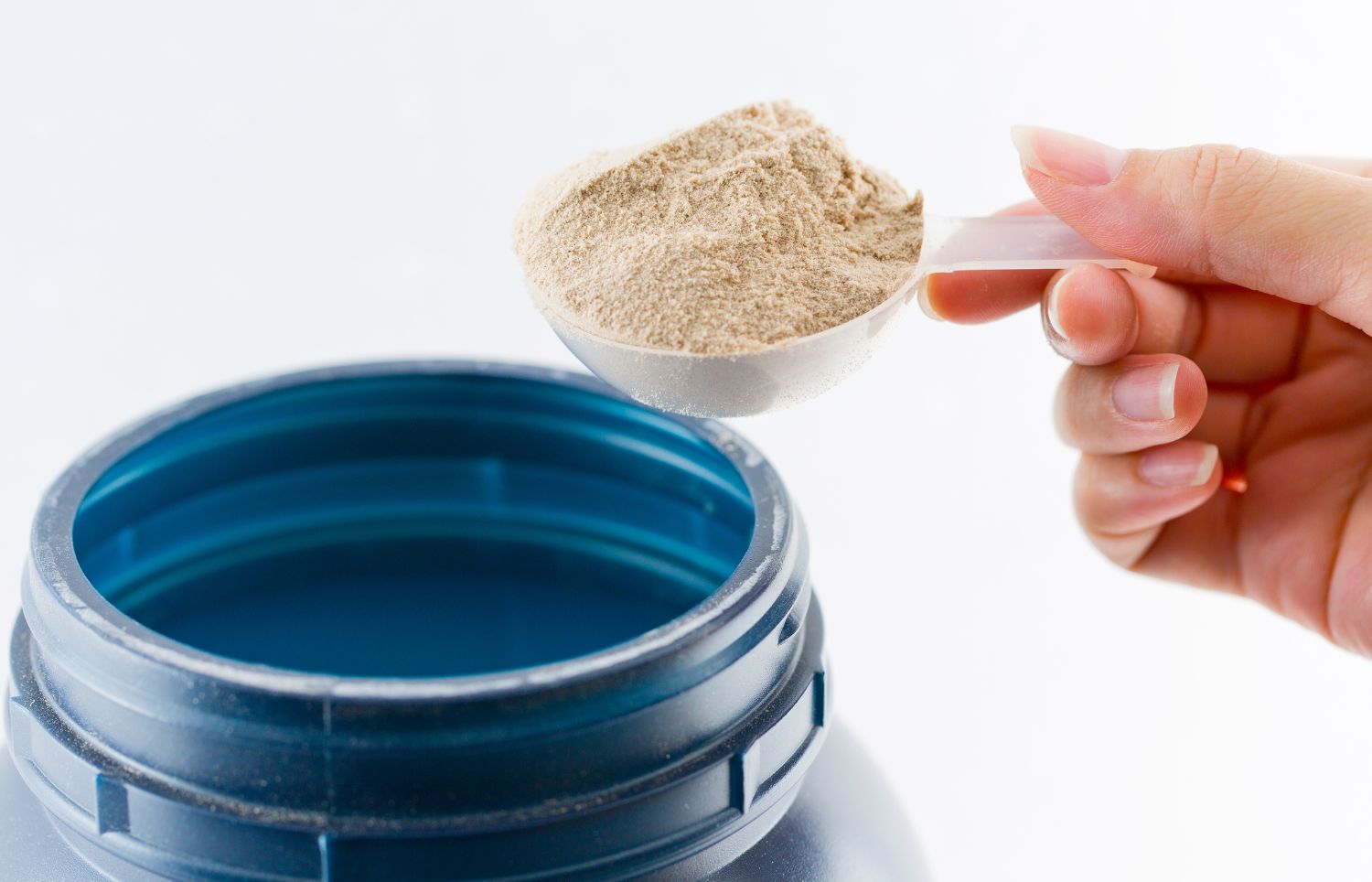Loving, caring relationships are important for everyone – and many want these to develop into sexual relationships. For everyone, these relationships are a source of happiness and sadness, joy and disappointment, anxiety and pleasure, fulfilment and rejection.
Relationships are an aspect of life, which can be difficult and worrying for everyone. A bladder or bowel control problem is a further complication but does not mean that intimate relationships are impossible.
Incontinence and Sex
If you have a bladder or bowel control problem, you may feel that it is impossible for you to have any kind of intimate relationship. You may have been hiding your problem and are frightened that a close relationship means that your secret will be discovered. You may be embarrassed that you need to wear pads, a catheter or device and you may worry about what possible partners will think of that.
When people who are incontinent think about relationships they often immediately think ahead to the stage where such a relationship becomes physical, and so they tend to focus immediately only on the problems their incontinence might cause at that stage.
But it is important to remember that sexual activity is not the only important factor in a relationship. You may not find yourself entering into a physical relationship before first having developed a deep caring friendship with your partner, and a good degree of respect and understanding.
Bearing this in mind, it may help if you imagine that it is not you who has the continence problem but your desired partner. If trust, friendship and desire have already grown between you, would a partner’s continence problem cause you to reject them? Would you not rather want to support them and help to find a way around the problem so that your relationship can grow?
Sexual activity can be a source of anxiety as well as pleasure for people. It is normal to worry about what can go wrong, and incontinence is just another complication. A good way to remove some of the worries about how incontinence might affect intimacy and sexual activity is to think ahead about practical problems that might happen and plan how to deal with them.
Personal Care Before Sex
Anyone would want to make sure that they are clean and fresh before sexual activity. This is exactly the same for someone with a continence problem. Knowing that you are clean and fresh can also help to increase your confidence: it can reduce concerns that you may have about how your incontinence affects your attractiveness.
Avoiding Bladder Leakage
Empty your bladder or bowel before sex or change your continence/ostomy device – This is especially important for someone who is incontinent because it will reduce the risk of having any leakage while intimacy is taking place (you can ask your continence advisor for advice).
You should not reduce how much you drink in total, but it may help to cut down on drinking for a few hours before sex.
Light some scented candles to create a nice atmosphere and help to mask any potential odours.
During Sex
Leakage during Sex
You may worry about leakages happening during sexual activity. However, if you take the precautions of emptying your bladder or bowel and of not drinking too much beforehand, it is unlikely that any leak will be very serious. And you should remember that sexual activity involves all sorts of other bodily fluids, so a small leak of urine will not cause any problem if it is noticed at all.
Bed protection
It makes sense to protect the bed in some way. Bed pads, which absorb moisture but have a ‘stay dry’ cover, may be the most comfortable. An old towel or an old sheet folded double is a convenient and inexpensive way of taking this sensible precaution.
Catheters and Sex
Even if you have to wear a catheter all the time, sexual activity is still possible. If your catheter is normally connected to a drainage bag you might consider asking your doctor or nurse for a catheter valve.
This is a device which some people use all the time. The valve fits onto the end of the catheter and can be opened or closed like a tap. In this way, you can leave the bag off for a while. Remember to ask your doctor or nurse about how to work the valve and how often it needs to be opened to let urine collecting in your bladder to drain away into a suitable receptacle.
If you prefer to leave the catheter connected to a drainage bag, think about what type of bag to use and where this should be placed. It might be best to use a bag with a longer tube, worn on the calf of your lower leg, rather than on the thigh, to prevent lying on the bag or it getting too obviously in the way. Or you might consider connecting the bag to a night drainage bag on a stand beside the bed, again to prevent problems that could be caused by lying directly on the leg bag.
- Women may find it helpful to tape their catheter forwards and to one side using surgical tape during intercourse, although the best position for it will be established through experience. Remember that the catheter is entering the urethra, not the vagina, so it will not affect sexual activity greatly.
- Men can bend the catheter back along the penis and hold it in place with either surgical tape or a standard condom – or both.
Suprapubic catheters are probably the best option if you are (or intend to be) sexually active. A suprapubic catheter enters the bladder through a small incision made in the abdomen beneath the belly button and so is not in the way at all during intercourse, though again you may find it most convenient to tape it down to prevent any risk of it getting in the way.
If you wear a sheath it is normally best, for reasons of hygiene and comfort, to remove it before sexual activity and replace it with a new one afterwards, although it is possible to leave it in place either bare or covered with a standard condom. Either way, you would normally disconnect the drain tube and bag for sex.
Signs and signals
Spontaneity
Many people enjoy sex most when it is spontaneous. Making love spontaneously engages both of you together in a very special moment – and not necessarily in the bedroom. Continence problems, especially when you wear protection – a pad or a catheter, make spontaneous sex much harder to achieve. Even if you skimp on the previous advice, the very fact that there is a pad or an appliance ‘in the way’ can be a big turn-off. Going forward, under those circumstances, may leave you humiliated and your partner feeling upset and guilty.
Preparation
Some may suggest that preparation can be shared between you and become part of the arousal phase of lovemaking. This may work well as a method of encouraging a man to wear an ordinary condom, for example, but in practise, most people with continence problems would very much prefer to keep the sorting out of their continence management kit firmly private!
On the other hand, if you carefully prepare yourself for sex, and it turns out that your partner either is not interested or finds your preparations actually turn them off because it looks so deliberate, this can be a huge disappointment and might even set your relationship back.
After sex
As for everyone, it is a good idea to attend to personal hygiene following sexual activity, although it is a time when it is not easy to remember these things.
- After a comfortable period of time, quietly go and freshen-up, then put on your pad, or drain your catheter valve and reconnect your bag.
- Return quietly and lie close and comfortable with your partner.
- In certain circumstances, some men may need to consider bladder washouts to prevent their catheter from blocking after ejaculation – your doctor or continence nurse can explain this simple procedure.
These tips may help but again, speak to your partner and see whether you can come up with other ideas together. Nobody can understand your body or your relationship with your partner better than you do. You may find there is a time in the day when your bowels are more in control.
Further Information
Most people can learn to cope and manage their leakage better. This may mean adjusting medication and diet and often takes time. If you feel you need more advice in this area discuss it with your GP or continence advisor so they will not be embarrassed.








